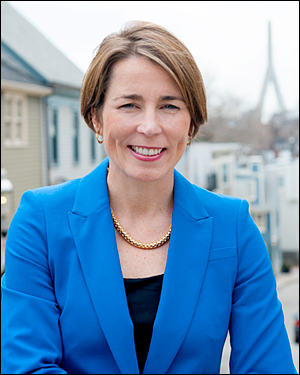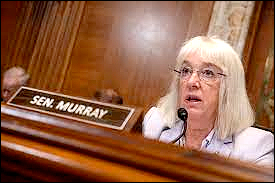By Jim Ellis — Tuesday, Sept. 13, 2022
We have finally reached the end of primary season, as voters in three northeastern states will cast their nomination ballots today. Once these votes are counted, all of the stand-alone primary states will have nominated their general election candidates. At that point only Louisiana, which holds its qualification election concurrently with the general, will remain in primary mode.
Each of the states holding their primaries are in the east, with New England’s New Hampshire and Rhode Island on the schedule along with Delaware in the Mid-Atlantic region.
New Hampshire — The most noteworthy primary is the New Hampshire Republican Senate race, complete with its share of controversy. Polling leader Don Bolduc, a retired Army General who ran unsuccessfully in 2020 (failing to prevail in the Republican primary in order to challenge Democratic Sen. Jeanne Shaheen), and Gov. Chris Sununu (R) have been in a public war of words. Gen. Bolduc accused the governor of being a “communist sympathizer” and that his family’s business supports terrorism. The governor retorted that Bolduc is a “conspiracy theory type” who is not “a serious candidate.”
Many in the Republican Party, including Gov. Sununu, believe that Gen. Bolduc will not be a strong enough nominee against Sen. Maggie Hassan (D) even though polling shows that she is vulnerable. The governor has endorsed state Senate President Chuck Morse (R-Salem), who seems to be the only viable competitor who could deny Bolduc the nomination among the 10 others on the ballot.
The latest available Senate poll, this from the University of New Hampshire (Aug. 25-29; 892 likely New Hampshire Republican primary voters; online), found Gen. Bolduc leading Sen. Morse, 43-22 percent. Since this poll was conducted, however, some $4 million has been spent attempting to deny Bolduc the nomination, and Democratic organizations have come from the outside to help him win the primary since they, too, believe that he would be easiest for Sen. Hassan to beat.
The retired General is at an extreme financial disadvantage, so he has little ability to promote himself. This race will draw the most attention tonight.
New Hampshire’s two congressional districts also feature competitive Republican primaries. Both seats will be hotly contested in the general election because Reps. Chris Pappas (D-Manchester) and Annie Kuster (D-Hopkinton/Concord) are clear Republican targets.
Another crowded ten-person Republican 1st District primary appears to be coming down to a battle among 2020 nominee Matt Mowers, who held Rep. Pappas to a 51-46 percent re-election victory before an electorate that has defeated more incumbents than any other in the nation, former Trump White House aide Karoline Leavitt, and ex-television news reporter Gail Huff Brown, wife of former Massachusetts Sen. Scott Brown (R). Polling suggests that Mowers has the slight edge heading into election day.
In the western 2nd District, the Republican race is a two-way battle between former Hillsborough County Treasurer Robert Burns and Keene Mayor George Hansel. Should Burns win the GOP nomination, and polling suggests he will, his challenge opposite Rep. Kuster will be formidable.
Rhode Island — The most notable race on the Rhode Island card is the Democratic primary for governor. Dan McKee assumed the governorship when incumbent Gina Raimondo (D) resigned to accept her appointment as US Commerce Secretary.
The new governor, running for a first full term in his own right, has four Democratic challengers, and a close outcome in tomorrow’s primary is expected. McKee’s four opponents are Secretary of State Nellie Gorbea, businesswoman Helena Foulkes, former Secretary of State Matt Brown, and physician Luis Daniel Munoz. It appears the race is winnowing to a battle between Gov. McKee and Gorbea. Today’s winner becomes the prohibitive favorite in the general election.
Delaware — With no governor or senator on the ballot this year, the Delaware primary is basically a non-event. At-large Rep. Lisa Blunt Rochester (D-Wilmington) is unopposed in the Democratic primary, and educator/actor Lee Murphy is the only candidate on the Republican side. The general election will not be competitive, since Rep. Blunt Rochester is a lock for re-election.








